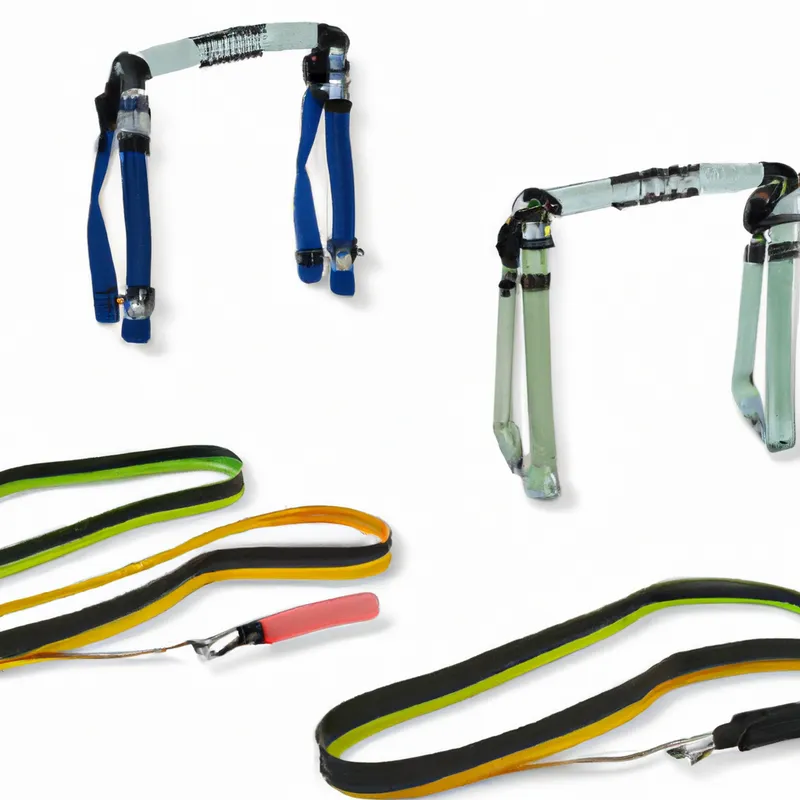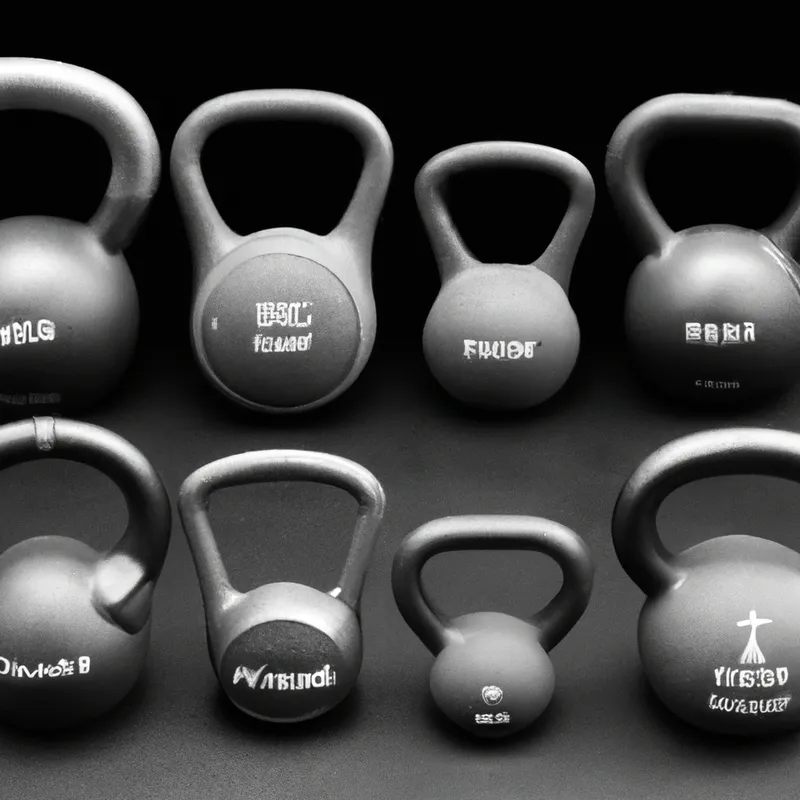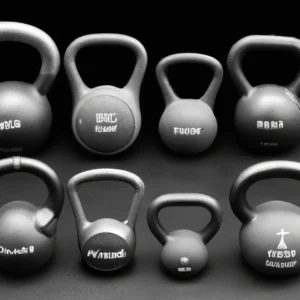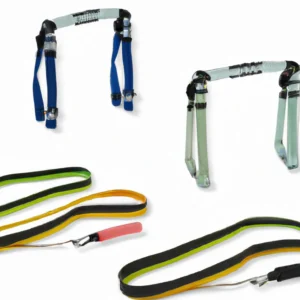Enhance Endurance through Resistance Band Training
Essential Resistance Band Exercises for Cross-Training
Cross-training plays a crucial role in any athlete’s routine. It enhances strength, flexibility, and endurance while reducing injury risk. Resistance bands serve as versatile tools to elevate workouts. They are portable, affordable, and effective for strength building. This post explores essential resistance band exercises to enhance your cross-training regimen and fitness goals.
Benefits of Resistance Band Training
Before we discuss exercises, let’s highlight the benefits of resistance bands.
Versatility
Resistance bands offer significant versatility. Use them for full-body workouts or target specific muscle groups. Different types—loop bands, tube bands, and figure-eight bands—enable a wide range of exercises that fit your fitness level.
Portability
Resistance bands remain lightweight and compact, making transport easy. Pack them in a gym bag or suitcase to maintain your routine at home, while traveling, or at the gym. This portability promotes training consistency.
Variable Resistance
Resistance bands provide variable resistance unlike traditional weights. Resistance increases as you stretch the band, creating a unique challenge. This feature enhances muscle engagement and improves strength gains.
Injury Prevention
Resistance bands improve flexibility and stability, reducing injury risk during physical activities. Dynamic movements engage stabilizing muscles, crucial for overall functional strength.
Tips for Using Resistance Bands
Use resistance bands effectively with proper technique. Here are tips to maximize your workout:
1. **Choose the Right Resistance Level**: Bands come in various thicknesses. Beginners should start with lighter bands to master movements before progressing to heavier resistance.
2. **Secure the Band Properly**: Anchor the band securely to a stable surface or hold it firmly to prevent injury.
3. **Maintain Controlled Movements**: Focus on smooth, controlled repetitions. Quick, jerky movements can lead to strains or injuries.
4. **Warm Up**: Warming up prepares your muscles, even for low-impact bands. Consider dynamic stretches or light cardio to elevate your heart rate.
Key Resistance Band Exercises
Incorporate various exercises to keep your routine engaging. Here are essential resistance band exercises to consider:
1. Resistance Band Squats
**Instructions**: Place the band around your thighs, just above your knees. Stand with feet shoulder-width apart. Lower into a squat while pushing your knees outward against the band. Keep your chest up and back straight.
**Muscles Targeted**: Quadriceps, hamstrings, glutes.
Conclusion
Resistance bands enhance cross-training with versatility, portability, and injury prevention. Incorporate these exercises to achieve your fitness goals.
Below are related products based on this post:
FAQ
What are the main benefits of using resistance bands for cross-training?
Resistance bands offer several benefits for cross-training, including versatility for full-body workouts or targeting specific muscle groups, portability for easy transport, variable resistance that enhances muscle engagement, and injury prevention by improving flexibility and stability.
How should I choose the right resistance band for my workouts?
When selecting a resistance band, consider the thickness and resistance level. Beginners should start with lighter bands to master movements before progressing to heavier ones. It’s essential to choose a band that fits your fitness level to ensure effective and safe workouts.
What are some essential exercises I can do with resistance bands?
Some essential resistance band exercises include squats, which target the quadriceps, hamstrings, and glutes. Incorporating a variety of exercises can help keep your routine engaging and effective in achieving your fitness goals.















Post Comment